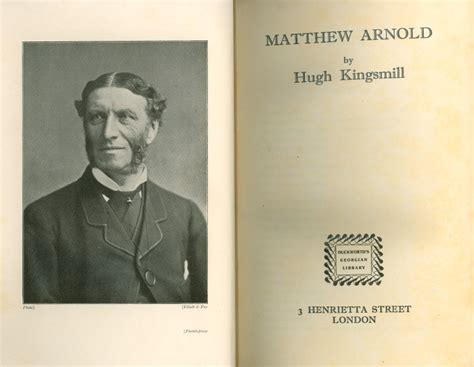A Quote by Johann Wolfgang von Goethe
Related Quotes
Mastery requires endurance. Mastery, a word we don’t use often, is not the equivalent of what we might consider its cognate—perfectionism—an inhuman aim motivated by a concern with how others view us. Mastery is also not the same as success—an event-based victory based on a peak point, a punctuated moment in time. Mastery is not merely a commitment to a goal, but to a curved-line, constant pursuit.
Egotism erects its center in itself; love places it out of itself in the axis of the universal whole. Love aims at unity, egotism at solitude. Love is the citizen ruler of a flourishing republic, egotism is a despot in a devastated creation. Egotism sows for gratitude, love for the ungrateful. Love gives, egotism lends; and love does this before the throne of judicial truth, indifferent if for the enjoyment of the following moment, or with the view to a martyr's crown--indifferent whether the reward is in this life or in the next.
Knowledge passes from dance teacher into the student through the process of mane, which is often translated as imitation, but learning to dance is more a process of total identification than of simple copying. We repeat the movements of our teachers until we can duplicate them exactly, until, in a sense, we have absorbed the teacher's mastery into ourselves. Artistic technique must be fully integrated into the cells of our bodies if we are to use it to express what is in our hearts, and this takes many years of practice.





































